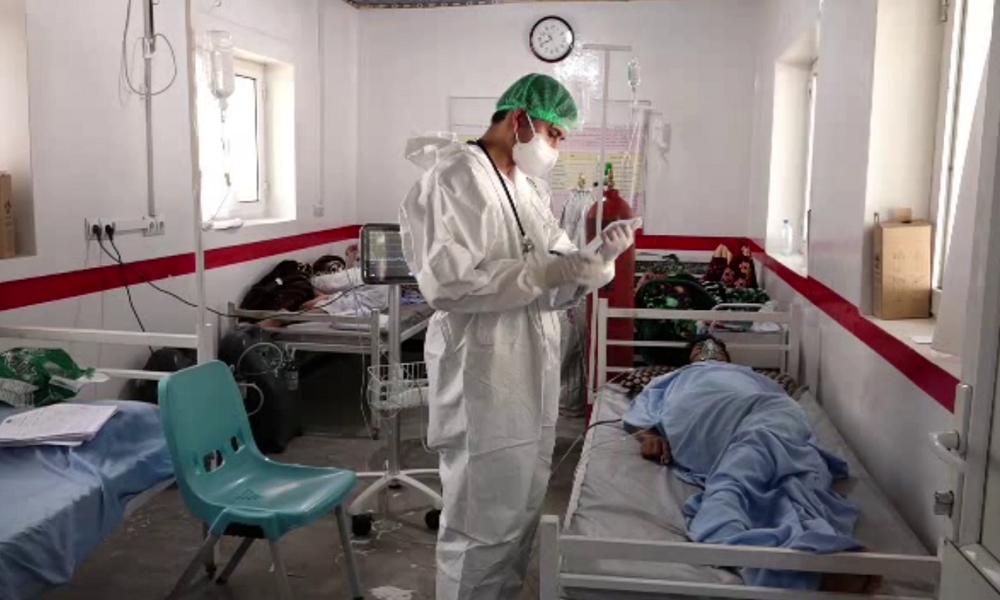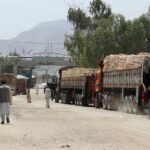Kunduz Public Health Department says this year 28 cases of Crimean–Congo hemorrhagic fever have been recorded in the province, of which three people have died.
Najibullah Sahil, Kunduz Public Health Director, said they activated a special department for the treatment of Congo fever at the infectious diseases hospital.
“We were fully prepared before the Congo fever [outbreak], we activated the infectious disease hospital, all services are free,” said Sahil.
“Whatever the patients need; medicines, food … all these are free, so there are no problems and people should not worry,” he added.
Meanwhile, butchers in the province say their sales have dropped considerably due to the spread of this disease and people are afraid of eating meat.
“Since Congo fever appeared, business has dropped; it used to be good, but we don’t even sell five kilos of meat a day,” said a butcher.
Chicken sellers, however, say that this market is booming in Kunduz.
“In the past, the chicken business was not good, sometimes the market was good and sometimes not, after the outbreak of Congo fever, the chicken market has improved,” said a chicken seller in Kunduz.
The residents of Kunduz have meanwhile welcomed the awareness campaigns around Congo fever that have been launched by the authorities.
Congo fever is a virus, primarily transmitted to people from ticks and livestock animals. Human-to-human transmission can occur resulting from close contact with the blood, secretions, organs or other bodily fluids of infected persons.
There is no vaccine available for either people or animals, according to the World Health Organization. The virus causes severe viral hemorrhagic fever outbreaks, with a case fatality rate of between 10 and 40%.
The hosts of the virus include a wide range of wild and domestic animals such as cattle, sheep and goats.













